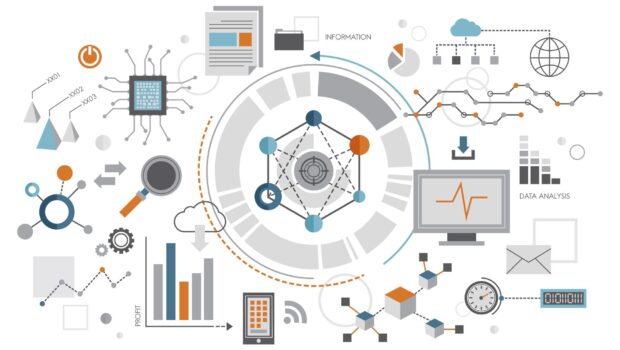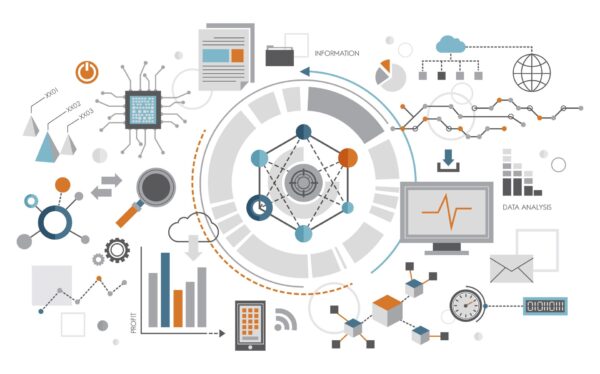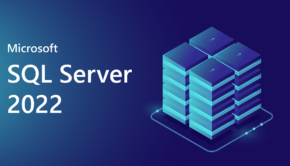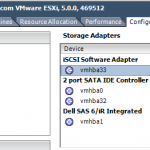3 Most Common Data Management Challenges
Managing data efficiently and accurately is time-consuming, but your company can tackle the issue with the right strategies in place.
Your organization can manage its data better by learning how to overcome the challenges mentioned here. And it can better understand the considerations for going with a blade server vs. rack server for your data center.
What Does Data Management Mean?
Organizations are drowning in massive amounts of data, which will continue in the future. Business analytics experts often say data is as valuable as gold today. The more data in your hands, the more the company can grow and gain new customers.
But collecting reams of data is just the beginning. After you have that data, you must know how to manage and organize it to be helpful. This is, even more so, the case for large organizations that gather gigabytes of data daily.
If you want the company to grow, you are likely gathering data every day. But it’s vital to know how to manage or govern your data to leverage it to the maximum amount. If you don’t, you’ll possess data that you can’t use to grow the organization.
Finite Resources
It’s common for organizations to lack the resources to manage their data effectively and to keep a data management program running. Your staff may have many priorities to handle, as well as vital IT tasks. But it’s a mistake to have your IT team take on data management in addition to their other responsibilities.
That’s why the organization needs to have resources planned and funded at the beginning of every year. Plans need to be laid out well in advance for data management to reduce the impact on workers. It all can’t be thrown together at the last minute, or the data won’t be managed at all.
Inadequate Data Control
Another frequent problem is inadequate control over organizational data. If data is not controlled, you may have serious compliance issues.
For instance, there can be legal problems if workers can get to data they shouldn’t, there can be legal problems. This can cause security problems and potential legal exposure under several federal regulations.
Many CEOs discover their teams are drowning in reams of data and just want a place to warehouse it. They aren’t focused on who is managing it or how it’s managed.
Putting data in the cloud can be effective because most cloud servers are secure. But others opt for blade servers or rack servers, too.
Wherever the data is stored, your organization needs to keep it organized and know where it is so it can be used for the best purposes.
Data Is Incorrect
Another huge issue that can stem from poor data management is if the data itself is flawed. Just as with other business resources, data in your databases can be inaccurate or out of date.
Companies lose millions of dollars every year because they make business-critical decisions based on bad data. So, it’s vital to have excellent data quality systems in place so the existing data is accurate.
Blade Server Or Rack Server?
Both servers have their benefits, but which is ‘better’ depends on your needs.
Blade servers save the most space; it’s estimated that blade servers boost space density by 50% over rack servers. Also, blade servers don’t need artificial wiring, and rack servers need their own network cable, power wiring, and generally more wiring.
But most blade servers aren’t as flexible as rack servers, while the cost of a blade server is lower than the other.
Data management is more critical than ever, especially as new risks are becoming apparent every year. Be sure your company is ready for new challenges by making data management a priority today.


















